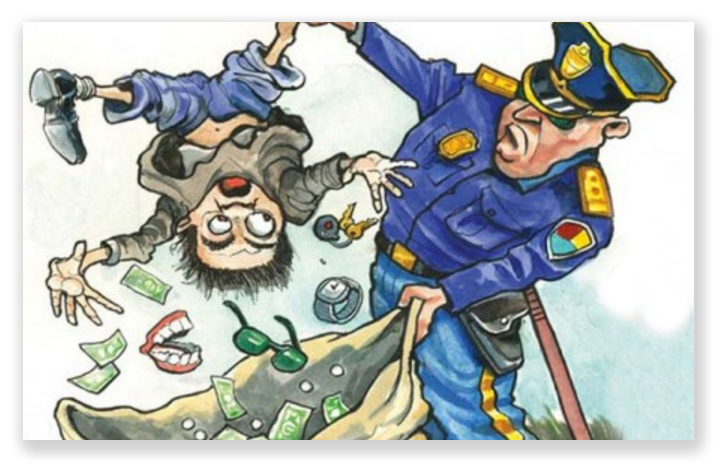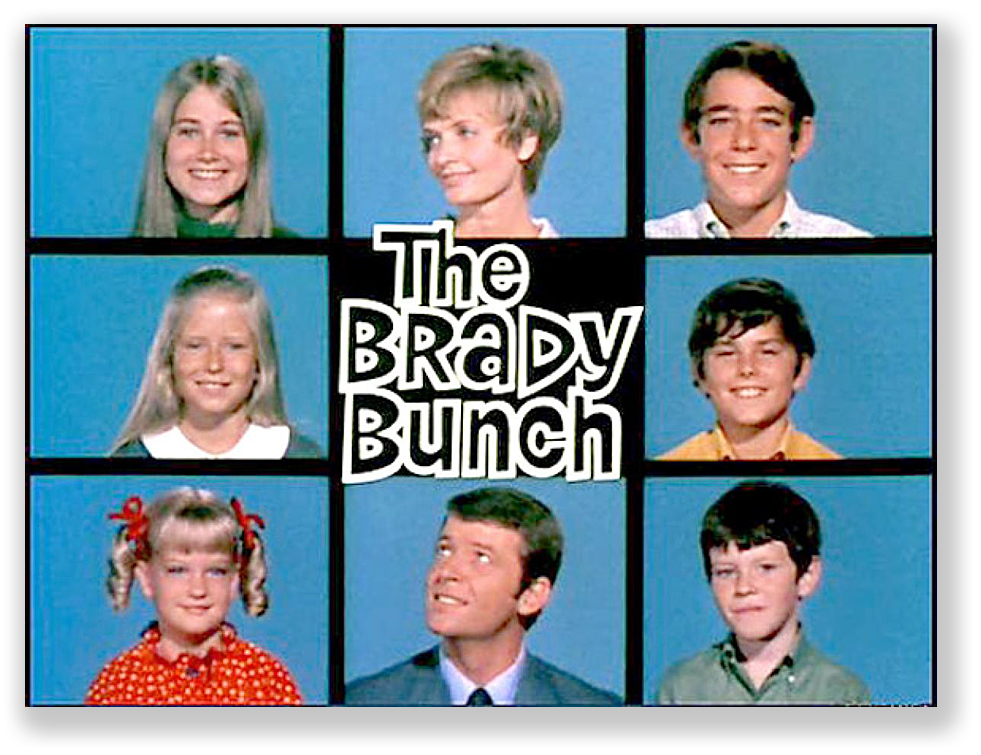We’re still doing a weekly newsletter… we’re just posting pieces of it every day. The news is fresher this way…
SUPREME COURT GRANTS CERT TO BRADY, INEFFECTIVE ASSISTANCE CASES
It’s been a week for criminal law at the Supreme Court, a forum that typically devotes no more than about 20 percent of its time to criminal law questions.

On Monday, the Court granted certiorari – that is, agreed to hear – to Honeycutt v. United States, a case that asks whether 21 U.S.C. 853(a)(1) requires that forfeitures – which are different than restitution – be assessed jointly and severally among all of the coconspirators in a drug scheme. liability among co-conspirators for forfeiture of the reasonably foreseeable proceeds of a drug conspiracy. In the case, Terry Honeycutt worked as a salaried employee at a hardware store owned by his brother, Tony. The two brothers were charged with drug crimes for the store’s sale of an iodine-based water disinfectant which can also be used to make methamphetamines. Tony forfeited $200,000 to account for the proceeds of the illegal sales. Terry went to trial and was convicted, the government argued that he should have to forfeit the rest of the proceeds, approximately $70,000.
Terry said he shouldn’t have to forfeit the remaining proceeds because he was just a worker bee, and never received them. The district court agreed, but the U.S. Court of Appeals for the 6th Circuit reversed, holding that Terry could be held independently liable for the meth precursor sales proceeds even if he never got any of the money.
Observers are hoping that the case may help put the brakes on what some see as a runaway and muddled forfeiture culture.
Yesterday, the Supreme Court added two more criminal issues to the docket, although one of the two issues has two separate cases consolidated for review. Both cases address prosecutors’ Brady v. Maryland obligations to turn over to the defense any material evidence that tends to be exculpatory for the defendant.

In Turner v. United States, several defendants were convicted in a murder years ago based in large part on eyewitness testimony. However, the prosecution did not turn over evidence pointing to several alternative suspects, including one who committed almost an identical murder after the trial ended. Lower courts turned down their post-conviction claims. The case focuses on whether the prosecution discharged its Brady obligations, and – in the consolidated case, Overton v. United States – whether the fact that the other suspect committed an identical crime after the trial that suddenly made the prosecutor’s failure to disclose information about him very material – had any bearing on whether a Brady violation occurred. In other words, is Brady materiality measured at the time of trial, or is hindsight required as well?

Curiously, the Supreme Court granted certiorari on the very general question of whether the conviction should be set aside for noncompliance with Brady. A decision in these cases could be sweeping, or it could be so case-specific as to provide little general guidance on Brady.
Finally, in Lee v. United States, the justices return to a topic familiar to Padilla v. Kentucky fans: the case of a non-citizen who gets into trouble with the law and then receives poor legal advice that jeopardizes his or her right to stay in the United States. Jae Lee is a South Korean immigrant who moved to the U.S. 34 years ago and became a successful restauranteur. But in 2009, he was charged with possession of MDMA (known as “ecstasy”) with intent to distribute. The Feds had Lee pretty much dead to rights, so his lawyer advised him to plead guilty and get a shorter sentence for acceptance of responsibility under USSG Sec. 3E1.1. The lawyer assured Lee the conviction wouldn’t hurt his resident status in the U.S., but of course it did, resulting Lee’s permanent and mandatory deportation.

Lee filed a 2255 motion, seeking to vacate his conviction on the grounds he had been denied his 6th Amendment right to effective assistance from counsel. The lower courts ruled that Lee could not that he was prejudiced by his lawyer’s bad advice, because he would have been convicted and deported anyway. Time was, the only issue on bad advice over a guilty plea was whether the defendant would have been likely to go to trial but for the bad advice, a standard set by Hill v. Lockhart in 1985. Padilla put some gloss on that by holding that it was the defendant’s job to “convince the court that a decision to reject the plea bargain would have been rational under the circumstances.”
Now, the Supreme Court will consider whether bad advice on a guilty plea may be harmless, even if the defendant would have chosen to go to trial anyway, because if he had decided on a trial, he would have lost.
The decision could have substantial implications for thousands of 2255 motions, well beyond the confines of immigration consequences.
The cases on which review were granted will likely be argued in late winter or early spring.

